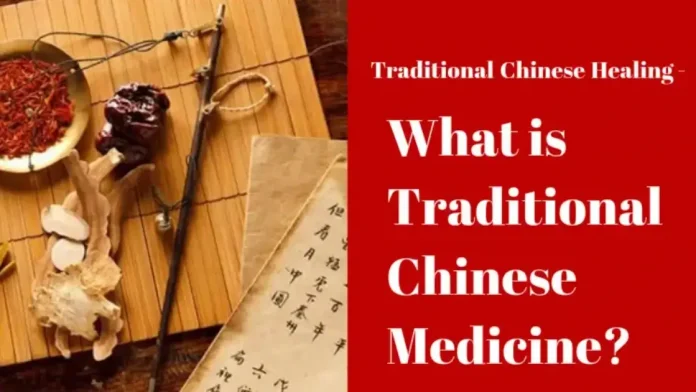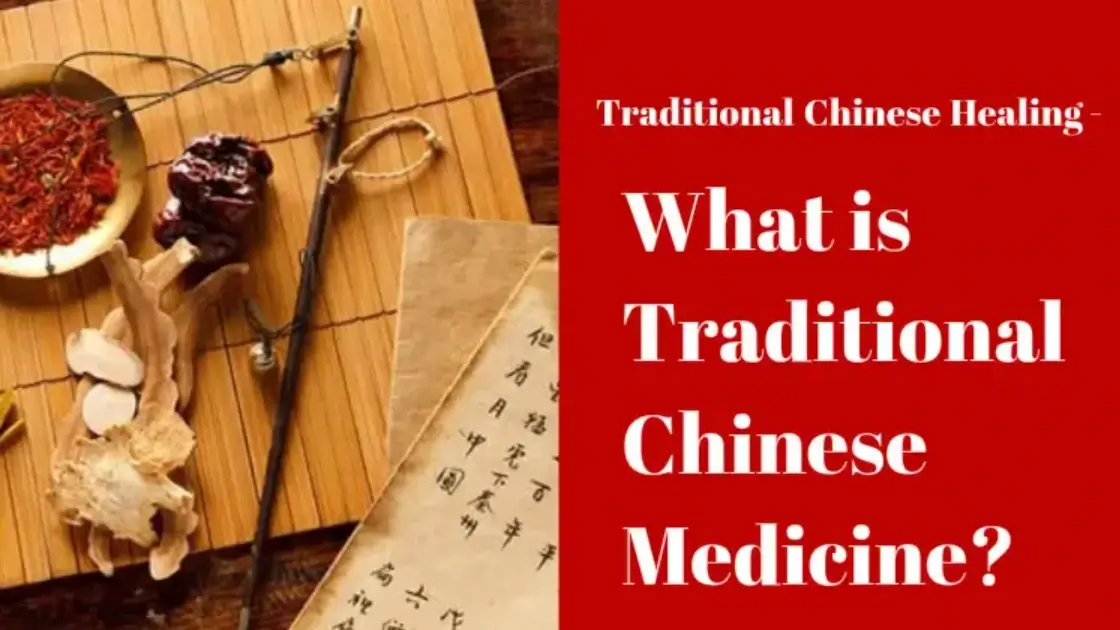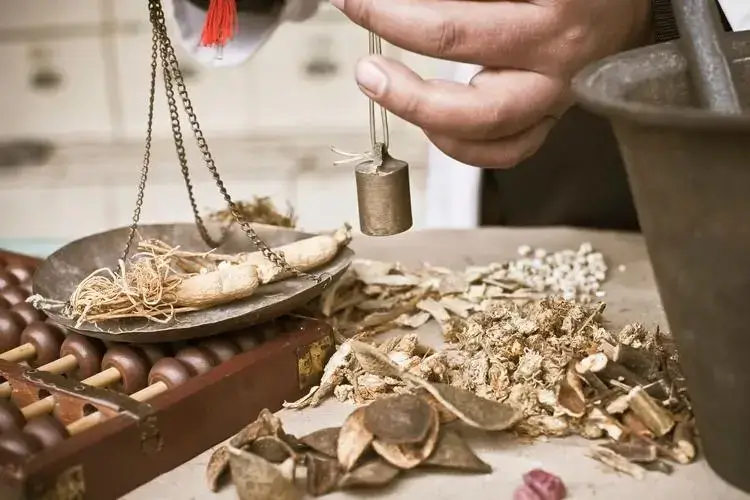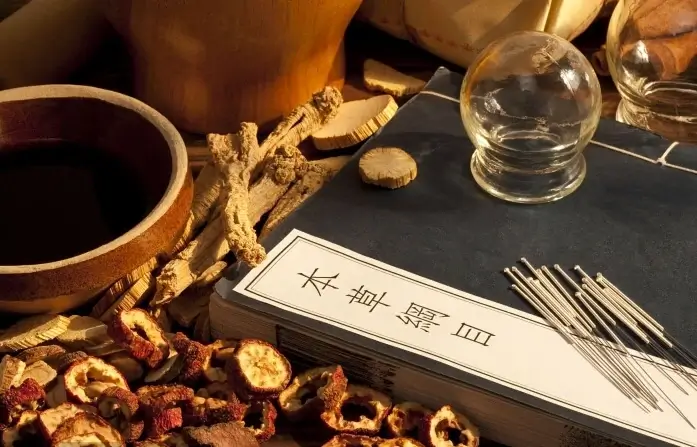If you are paying attention to medical majors, you may find universities in China, some are called medical universities, while some others are called Chinese Medicine universities. Moreover, if you look into the majors and programs Chinese Medicine cover, you can find that it is a completely different category from normal medical majors. All the terms and ideas within, you may have never heard before and sound so strange and unfamiliar, while this is what’s special and particular about Chinese medicine. This article will introduce some features about Chinese Medicine.
Chinese medicine is an indigenous system of healing that has been practiced in China for over 2,000 years. It takes a holistic approach to health that aims to balance the body, mind and spirit. Chinese medicine views the body as an integrated whole. It seeks to balance all aspects of the body to achieve health and wellness. Treatment focuses not just on symptoms, but also the underlying root causes of illness. The mind, body and external environment are seen as deeply interdependent. Emotional states like anxiety, joy or anger and living conditions can influence health according to Chinese medical theory. This is a saying goes “Anger harms the liver, sadness harms the lungs, annoyance harms the heart, thinking harms the spleen, fear harms the kidneys”, which represents Chinese Medicine’s idea about one’s feelings’ impact on the health.
One of the most significant features is that Chinese medicine makes use of natural therapies such as medicinal herbs, acupuncture, massage, exercise and dietary changes. Herbal medicine is a core part of treatment using plant, animal and mineral ingredients. Herbs are prescribed singly or in combination as part of custom formulations for each patient. Acupuncture inserts thin needles into the skin at specific points to regulate the flow of qi (vital energy) and blood. Massage, exercise like tai chi, and lifestyle counseling provide support.
What may seem unfamiliar most to those who are first exposed to Chinese medicine is that Chinese medicine believes that health depends on the balance of opposites within the body like yin and yang, and the five elements (metal, wood, water, fire, earth). When these forces are out of balance due to deficiency or excess, illness can arise. Therapies work to restore the proper equilibrium between yin-yang and the elements. The flow of qi, blood and body fluids is also key. If their circulation becomes blocked or depleted, treatment is required to clear obstructions or nourish the body.
The meridian system refers to a network of channels through which qi and blood flow. Acupoints located along the meridians correspond to internal organs and tissues. Therapies such as acupuncture and acupressure are used to stimulate acupoints, influencing the health of the whole body via the meridian system. By correcting imbalances in acupoints and meridians, health can be restored. Chinese medicine aims to prevent illness and promote wellness. Living in harmony with nature, balanced emotions, exercise and diet are all integral to health preservation and longevity. When illness arises, Chinese medicine uses natural therapies to help the body heal itself by restoring internal balance and harmony. Integration with Western medicine is also common, combining diagnostic and treatment aspects of both for better outcomes.
As one of China’s most unique symbols, Chinese medicine is a natural and holistic system of healing developed in China over thousands of years. It emphasizes health prevention and views the body as a whole. Balance and harmony are the keys to wellness according to Chinese philosophy. Chinese medicine uses therapies like herbals, acupuncture and massage to empower the body’s own healing ability. With its long history and global spread, Chinese medicine represents an important approach to health and long life achieved through natural, non-invasive means. Chinese medicine provides an essential component of healthcare in China, and its influence abroad continues to grow.











